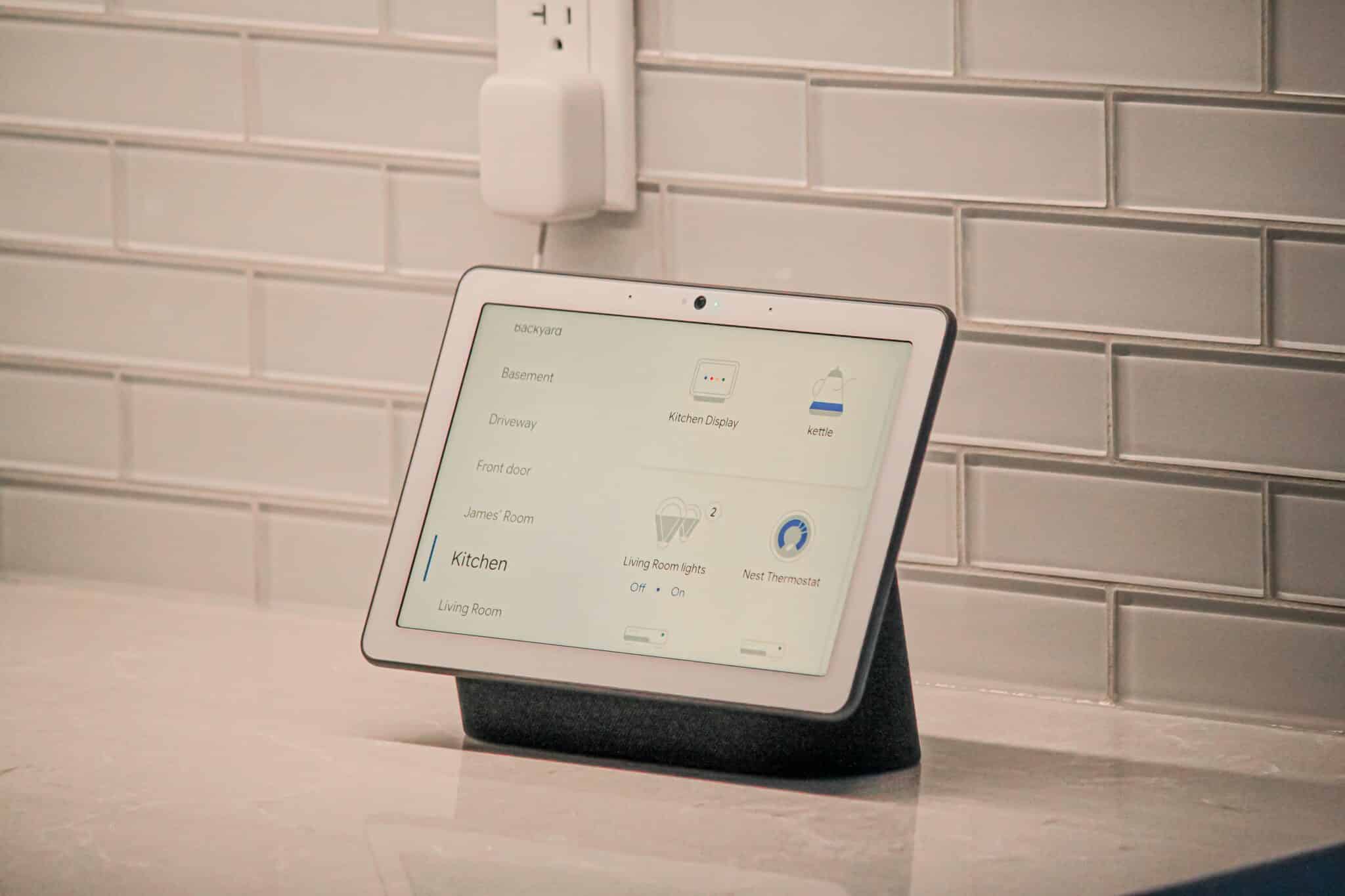In the evolving discussion about smart homes, a question that often surfaces is, “Do smart homes save money?” The answer, quite simply, is yes. Although the initial costs of smart devices can be higher than traditional appliances, the long-term energy savings, preventive damage measures, and even insurance benefits can result in substantial financial savings over time. This article will delve into the specifics of how these savings materialize in a smart home setup.
Investing in Smart Homes: Cost vs. Savings
Initial Costs
When transforming a traditional house into a smart home, there are initial costs to consider. These include the costs of smart home hubs, smart devices like lights, thermostats, security systems, and potentially the costs of professional installation. Despite these upfront expenses, the long-term advantages of owning a smart home can offset these costs and result in significant savings.
The setup cost for a smart home varies depending on the devices you choose to install. Some costs to consider include:
- Smart Home Hubs: Devices like Amazon Echo or Google Home act as a control center and can range from $50 to $200.
- Smart Devices: Items such as smart lights, thermostats, security cameras, and appliances vary widely in price depending on the brand and features.
- Installation: While many smart devices are designed for DIY installation, you may need professional installation for complex systems, adding to the cost.
However, these initial expenses can be offset by the long-term savings that smart homes provide.
The Long-term Payoff
Energy Savings
Smart home devices are designed to optimize energy usage, which can lead to reduced utility bills. Smart thermostats and lights adapt to your habits, minimizing energy waste. Such efficiencies can result in significant yearly savings.
Preventive Damage Measures
Smart homes equipped with devices like smart water leak detectors can help you catch potential problems early, avoiding costly repair bills. These detectors can alert homeowners of leaks before they cause significant damage, saving potentially thousands in water damage repair.
Insurance Benefits
Owners of smart homes often qualify for discounts on their home insurance premiums. Insurance companies may offer these reductions because smart homes often include security systems, which can deter break-ins, and other features that prevent costly damages.
Comparative Analysis of Potential Savings
To provide a clearer picture, let’s compare the potential savings a smart home could offer over time:
| Smart Device | Average Cost | Potential Annual Savings | Payback Period |
|---|---|---|---|
| Smart Thermostat (e.g., Nest) | $250 | $145 (avg. 15% off $968 heating and cooling bill) | 1.7 years |
| Smart Lighting (view best smart lights) | $200 | $125 (avg. $12.5 saving per bulb over incandescent) | 1.6 years |
| Smart Leak Detector | $50 | Varies (potential savings of thousands in avoided water damage) | Immediate to few years |
| Smart Security System | $300 | $50 (avg. 20% off $250 home insurance premium) | 6 years |
These figures are averages and actual costs and savings can vary based on individual usage, local energy prices, and specific device brands and models.
So, to revisit our original question, do smart homes save money? The data shows they indeed can. While there’s an upfront cost to transitioning to a smart home, the long-term benefits – energy savings, damage prevention, and reduced insurance premiums – can lead to considerable financial savings over time. While the upfront investment might seem steep, the intelligent functionalities of a smart home can indeed pay off in the long run, making it a wise investment for future savings.
